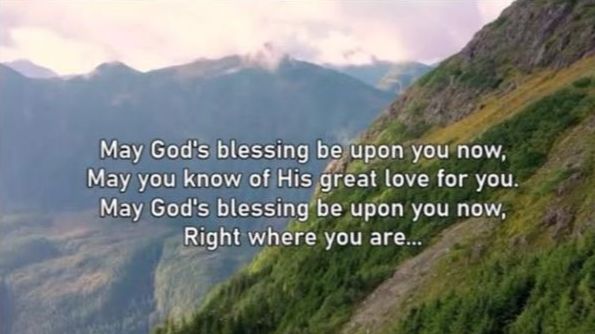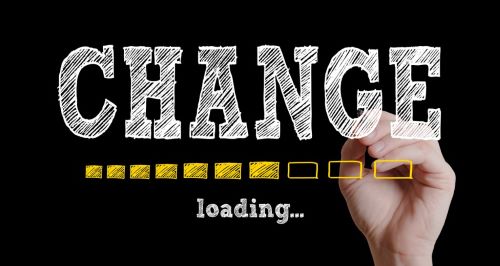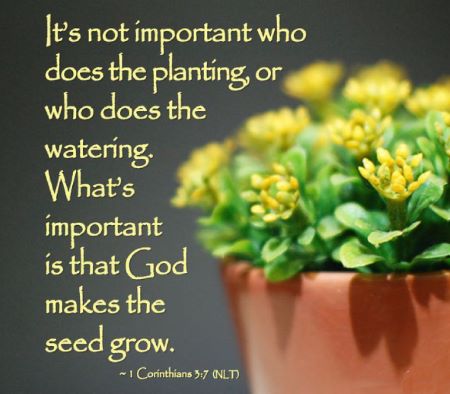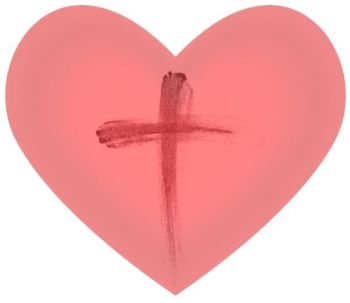
Apocalyptic Hope
| When I prepare sermons and newsletter articles, I include insights given me by the Holy Spirit along with those of human commentators. Sometimes I rely more on the former than the latter, and sometimes it’s vice-versa. But I can imagine many people reading the title of this article and thinking to themselves that it’s an oxymoron. How can the apocalypse possibly bring hope? Isn’t it the dissolution of all creation back into primordial chaos? But in one of his recent reflections, Fr. Richard Rohr hit this expression “out of the ballpark” by framing it in his own unique theological perspective, and so I present a composite version of it here. |
| In April of last year, I was invited by the Call to Unite –– a national movement promoting a culture of crossing lines that divide, and embracing ideas that unite –– to share my thoughts about what we might learn from the COVID-19 pandemic. I knew it might be a risk, but I felt a strong urge to speak about the much-misunderstood meaning of biblical apocalypse. Here is a portion of that conversation: What apocalyptic means, is to pull back the veil, to reveal the underbelly of reality. It uses hyperbolic images, like stars falling from the sky and the moon turning to blood. The closest thing would be contemporary science fiction, where you’re suddenly placed in an utterly different world, where what you used to call “normal” doesn’t apply anymore. That perfectly describes this COVID-19 pandemic event. So hear this word rightly. It is meant to shock: this is an apocalypse, happening to us in our lifetime, that’s leaving us utterly out of control. We’re grasping to retake control, by things like refusing to wear masks and defying boundaries at potential super-spreader events. But I think we now know in a new way that we can’t totally take control. There is a giveaway in all of the apocalyptic sections of the three Synoptic Gospels. In Matthew 24:8, hidden there in the middle of the wars and earthquakes it says, “All this is only the beginning of the birth pangs.” Apocalypse is for the sake of birth not death. Yet most of us have heard this reading as a threat. Apparently, it’s not. Anything that upsets our normalcy is a threat to the ego; but in the Big Picture, it really isn’t. In Luke 21, Jesus says right in the middle of the catastrophic description: “Your endurance will win you your souls.” Falling apart is for the sake of renewal, not punishment. Again, such a telling line. In Mark 13:32-37, Jesus says “Stay awake!” four times in the last paragraph. In other words, “Learn the lesson that this has to teach you.” It points to everything that we take for granted and says, “Don’t take anything for granted.” An apocalyptic event reframes reality in a radical way by flipping our imagination. We would have done history a great favor if we would have understood apocalyptic literature. It’s not meant to strike fear in us as much as a radical rearrangement. It’s not the end of the world. It’s the end of worlds — those we have created. In the book of Revelation (also called the Apocalypse, or Revelation to John), John is trying to describe what it feels like when everything falls apart. It’s not a threat. It’s an invitation to depth. It’s what it takes to wake people up to the real, to the lasting, to what matters. It presents the serious reader with a great “What if?” Our best response is to end our fight with reality-as-it-is. We will benefit from anything that approaches a welcoming prayer — diving into the change positively, preemptively, saying, “Come, what is; teach me your good lessons.” Saying yes to “What is” ironically sets us up for “What if?” Otherwise, we get trapped in the negative past. My hope for our near future lies in those who are waking up to this Divine DNA that was there from the start — especially amid the painful experiences of life. We must all move through the universal pattern of Order, Disorder, and Reorder, and we must do it again and again and again. By choosing a life of simplicity, service, generosity, and even powerlessness, we can move forward trusting both Love and Mystery. We don’t need to be perfectly certain before taking the next step. Our job is to be who we say we are and who God says we are — carriers of the divine image. “My deepest me is God,” as St. Catherine of Genoa said. I can only imagine how differently our lives, families, and nations would look if we trusted the foundational promise of Christian incarnation. When you can see Christ in all things (including yourself), you will see and live differently. |
| As our collective spirituality continues to deepen, it increasingly seems that we’re just not going back to the way things were. I take this as never-ending and ever-unfolding Good News. What do you think? Rev. Mike |








